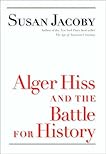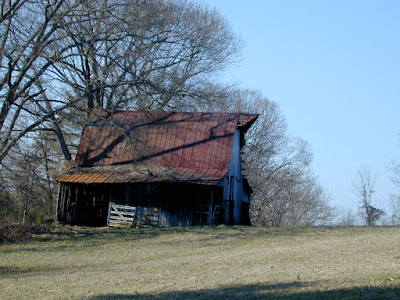What's the biggest different between writing journalism and writing fiction?
Since the publication of
Kill the Quarterback, I have been asked that question more than once.
For an old line journalist like me (when I started in the business, they still used typewriters and pastepots), writing a novel had one big advantage:
You
could make things up.

I suppose I had always wanted to do that but, like every other good journalist, I had suppressed the urge -- suppressed it to the point of never thinking about it. My mind was imbued with accuracy, verification, getting the facts, finding out what really happened, points of view, getting direct quotations right, getting paraphrasing even more right.
That's what make journalism hard work. That's what gives it value.
But in writing a novel, I didn't have to worry about that so much. I had to be more-or-less accurate within setting and time period, but I could make sources sound like they should sound. I could make the "facts" what they needed to be to fit the story. I could even twist things around a bit and make people act out of character if I wanted to.
The other side of that coin, however, is the dilemma of every novelist:
You
have to make things up.
As a journalist, if you are good enough, you don't have to worry much about how the story will come out. Get enough facts, information, quotations, et al, and the story will speak for itself. It ends where it ends. You don't have to go beyond that.
But as a novelist, you have to make things turn out a certain way. You have to resolve the major conflicts and story lines. You have to make it all fit with no gaps that even unclever readers will discover and inevitably point out. The reader, having suspended disbelief and invested some time, needs to be reasonably satisfied.
That's what makes fiction work. That's what gives it value.
______
The novel is
Kill the Quarterback. Don't be shy. Buy a copy for yourself and a dozen more for your friends (
here at Amazon). It's not about football.
 Alger Hiss and the Battle for History by Susan Jacoby
Alger Hiss and the Battle for History by Susan Jacoby 

 The fire of imagination and creativity doesn't respond to the tick of the time clock. It comes when it comes -- and sometimes leaves without a finished product.
The fire of imagination and creativity doesn't respond to the tick of the time clock. It comes when it comes -- and sometimes leaves without a finished product.








